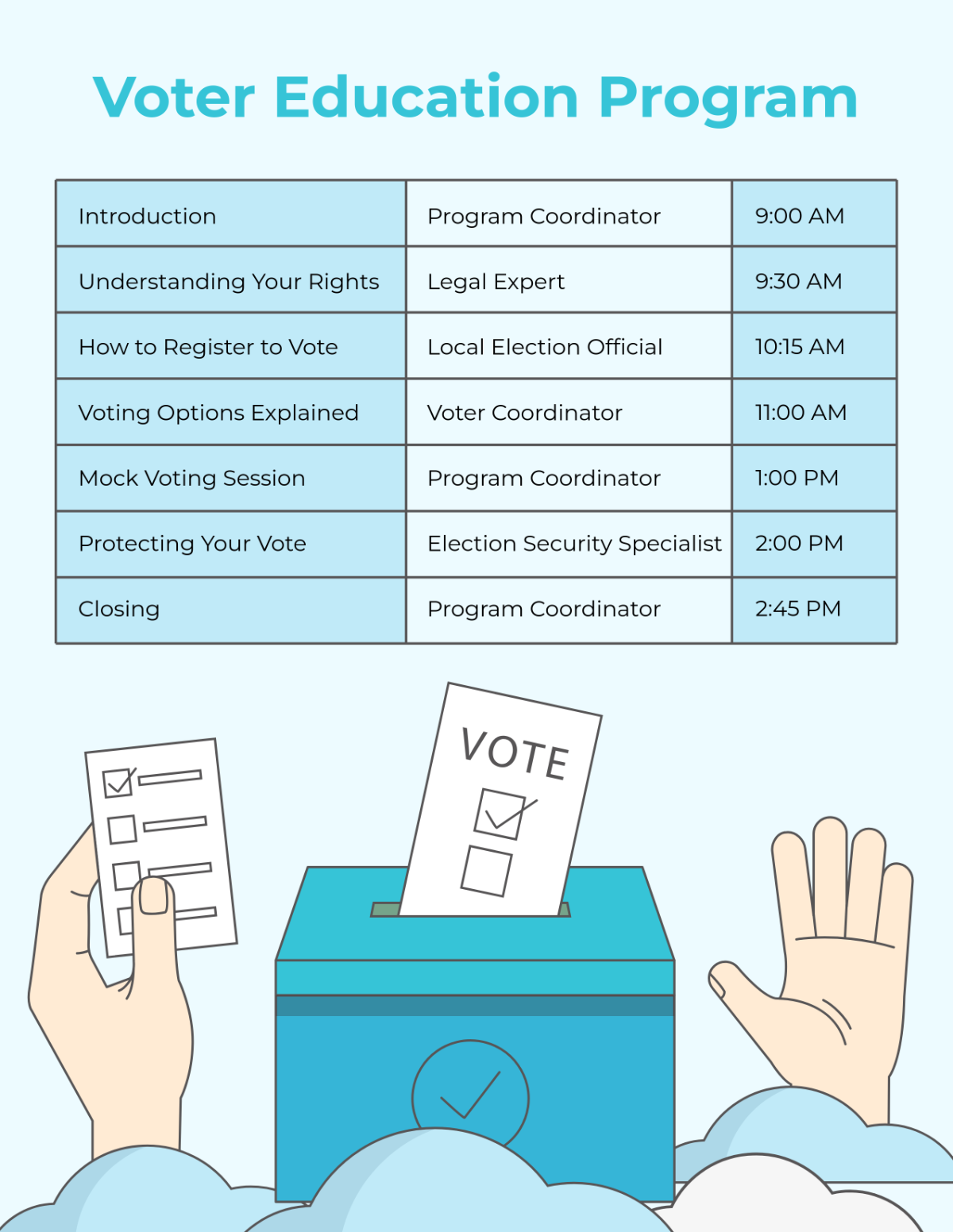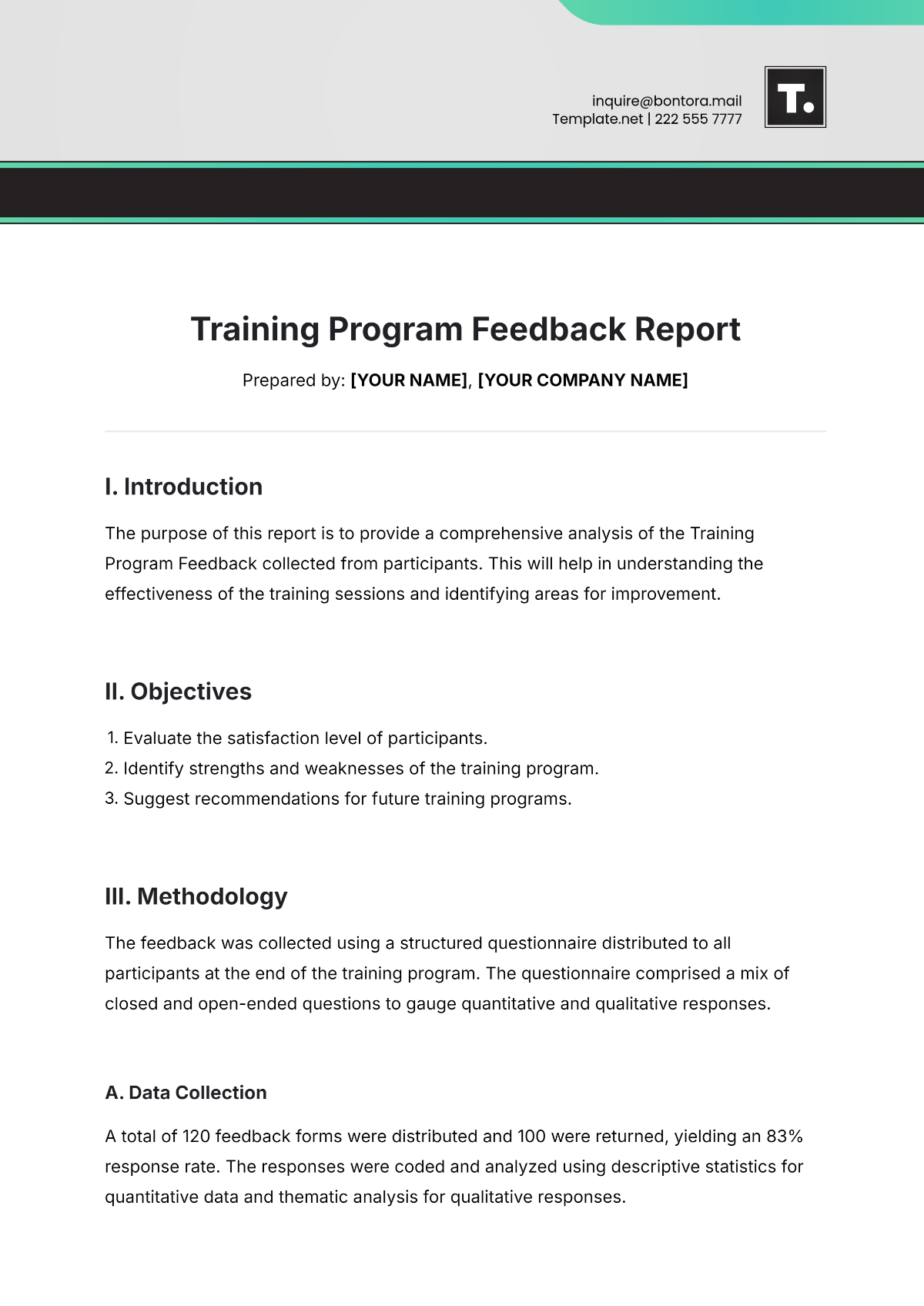Marketing Affiliate Program Feasibility Study
Introduction
Established as a leader in the marketing industry, [Your Company Name] has always been at the forefront of adopting innovative strategies to reach its business objectives. In a bid to further its mission and vision, the company is exploring the introduction of a Marketing Affiliate Program.
Background of the Initiative
The concept of affiliate marketing is not new, having been employed by businesses around the world to grow sales, diversify income streams, and foster deeper customer relationships. The digital era, especially post-2050, has witnessed a remarkable resurgence in affiliate marketing strategies, driven primarily by technological advancements, changing consumer behaviors, and the rise of social media influencers. Recognizing these shifts, the company believes that tapping into this renewed trend could open up new avenues for growth, expansion, and increased brand visibility.
This study, therefore, aims to assess the feasibility of implementing a Marketing Affiliate Program for [Your Company Name]. Through this initiative, we aim to expand our brand presence, grow our customer base, and increase revenue.
Market Analysis
The affiliate marketing landscape has undergone profound transformations, to accurately gauge the potential of introducing a Marketing Affiliate Program for [Your Company Name], it is essential to understand the current dynamics and future projections of this marketing niche.
Current Market Trends
Growth of Affiliate Marketing: By 2050, affiliate marketing is projected to account for 40% of online revenue, indicating its rising dominance in the digital marketing spectrum.
Rise of Micro-Influencers: Increasingly, micro-influencers are demonstrating higher engagement rates than their high-follower counterparts. This suggests a shift towards more authentic, niche marketing, emphasizing the importance of partnering with the right affiliates.
Diversification of Affiliate Platforms: Beyond traditional blogs and websites, platforms such as podcasts, YouTube, and even emerging virtual reality platforms are becoming lucrative affiliate channels.
Data-Driven Decision Making: The use of sophisticated data analytics tools is enabling affiliates to better target their audience, resulting in higher conversion rates and ROI.
Competitive Landscape
Competitor Name | Affiliate Duration | Unique Selling Points |
AlphaMark | 60 Days | Advanced tracking system |
BetaAds | 45 Days | High engagement niche affiliates |
GammaPromo | 90 Days | Extensive affiliate training programs |
DeltaDigi | 30 Days | Diverse range of promotional materials |
In the evolving affiliate marketing domain, several players have already established their foothold. An understanding of their strategies provides insights into creating a competitive edge for [Your Company Name].
Target Audience Insights
For an effective affiliate program, understanding the end consumers is crucial. Based on preliminary research:
Age Group: The 25-40 age bracket seems to be the most active in affiliate-led purchases.
Purchasing Behaviors: Customers often seek genuine product reviews or demonstrations before making a purchase through affiliate links.
Preferred Platforms: While websites and blogs remain popular, there's a noticeable trend towards video content platforms like YouTube and interactive platforms like VR.
Potential Market Challenges
Affiliate Saturation: With the rising number of affiliates, there's a potential risk of market saturation, making it crucial to differentiate and offer unique value.
Changing Consumer Behaviors: As consumers become more tech-savvy, their ability to distinguish between genuine recommendations and mere promotional content will grow, demanding greater authenticity from affiliates.
Regulatory Challenges: Governments globally are looking into more transparent disclosure requirements for affiliate marketing, which might demand adaptability from marketers.
By embracing these insights, [Your Company Name] can craft a tailored, competitive, and effective affiliate program, resonating with both potential affiliates and the end consumers.
Technical Requirements
The implementation of a Marketing Affiliate Program is not merely a strategic shift, but it also necessitates specific technical preparations and infrastructural adjustments. [Your Company Name] needs to ensure that its systems are not only equipped to handle the new workflow but also optimized to provide both affiliates and consumers with a seamless experience.
Platform Integration
Affiliate Management System (AMS): It's crucial to integrate a robust AMS to track, manage, and analyze affiliate performance.
Features to Consider: Real-time tracking, automated commission payout, personalized affiliate dashboard, reporting tools, and multi-currency support.
Integration Capability: The AMS should easily integrate with [Your Company Name]'s existing CRM, payment gateways, and other essential platforms.
Resource Allocation
The introduction of an affiliate program demands the allocation of both human and financial resources.
Requirement | Estimated Cost | Resource |
1 Year | $20,000 | Software License |
4 Months | $40,000 | Technical Team |
Continuous | $15,000/Month | Training and Support Team |
6 Months | $30,000 | Marketing Campaign |
Security and Compliance
Data Protection: Integrate end-to-end encryption and regularly update security protocols to protect both company and affiliate data.
Compliance: Stay updated with any affiliate marketing regulations and ensure that the AMS supports required disclosures and adheres to any relevant laws.
Backup and Recovery: Implement a robust backup system and disaster recovery plan to safeguard against potential data loss or technical issues.
Scalability and Flexibility
Growth Projections: The platform should support an estimated growth of 200% in affiliate sign-ups over the next two years.
Flexibility: As the digital landscape evolves, the system should allow for easy integration of new tools, platforms, or marketing strategies.
Revenue Projections
Incorporating an affiliate program into [Your Company Name]'s existing marketing strategy presents a significant opportunity for revenue growth. By making educated estimates based on current market trends, historical data, and the performance of similar affiliate programs in the industry, we can forecast potential revenue streams from this initiative.
Assumptions:
To ensure that our revenue projections are both grounded and forward-looking, we've established them based on a set of carefully considered assumptions. These assumptions reflect both the conservative nature of our estimates and the inherent potential of our planned affiliate program:
We have adopted a prudent approach by estimating a 10% conversion rate on affiliate traffic. This conservative figure allows for fluctuations while ensuring our projections remain realistic.
With the company’s expanding brand presence and a dedicated effort to forge strategic affiliate partnerships, we anticipate a consistent yearly growth in traffic originating from affiliate sources. This growth factor considers both the organic reach of our affiliates and our continuous efforts to support and equip them.
As our affiliates grow more adept at promoting our offerings, we expect them to employ strategic up-selling and cross-selling techniques. This proactive approach, coupled with our comprehensive training and resources, should result in a steady increase in the average sale value over time.
Projected Revenues
Category | 2051 | 2052 | 2053 |
Estimated Affiliate Traffic | 100,000 | 150,000 | 200,000 |
Expected Conversions | 10,000 | 15,000 | 20,000 |
Average Sale Value | $100 | $110 | $120 |
Total Revenue | $1,000,000 | $1,650,000 | $1,485,000 |
Net Revenue after Affiliate Commissions | $900,000 | $1,485,000 | $2,160,000 |
Influencing Factors and Adjustments
While the above projections provide an optimistic outlook, several factors can influence these numbers:
Market Dynamics: Factors such as economic shifts, changes in consumer behavior, emerging technological advancements, or even new regulations and policies can have direct repercussions on our revenue streams.
Program Enhancements: Continuous refinement, whether in terms of commission structures, marketing materials, or affiliate support mechanisms, can have substantial implications. For instance, revising commission rates, especially to entice and retain elite affiliates, can drastically modify revenue patterns.
Affiliate Performance: Affiliates come with varying skill sets, audience demographics, and promotional strategies. Their effectiveness in driving sales is not uniform. Some might excel in creating a buzz but might not convert as effectively, while others might have a niche, highly-engaged audience that leads to higher conversion rates.
To maintain or exceed these projections, it will be essential for [Your Company Name] to continually optimize the program, support high-performing affiliates, and remain agile in adapting to market changes.
Risk Analysis
Launching a Marketing Affiliate Program for [Your Company Name] holds great promise, but as with any business venture, it comes with its own set of challenges and risks. A comprehensive understanding of these potential pitfalls, coupled with preemptive measures, is vital for the long-term success and sustainability of the program.
Identified Risks
Market Saturation: As affiliate marketing continues its upward trajectory, there's a potential risk of the market becoming oversaturated, making it harder to stand out and achieve desired conversion rates.
Affiliate Fraud: With increasing numbers of affiliates, there's a heightened risk of dishonest practices, such as click fraud or fake referrals, which can distort performance metrics and financial outcomes.
Reputation Management: Affiliates act as brand ambassadors, and any misrepresentation or unethical promotion can tarnish [Your Company Name]'s brand image.
Regulatory and Compliance Challenges: Changing regulations around digital marketing and data privacy can impact how affiliate marketing is conducted and may necessitate frequent program adjustments.
Technological Failures: Dependency on technology means that any software malfunction, downtime, or cyber threats can disrupt the program's operations and impact revenues.
Risk Mitigation Strategies
Continuous Monitoring: Implement advanced tracking tools and analytics to monitor affiliate activities, ensuring transparency and early detection of any anomalies.
Selective Affiliate Onboarding: Implement a rigorous selection process, focusing on the quality and authenticity of potential affiliates, rather than just quantity.
Ongoing Training and Support: Regularly update affiliates about brand guidelines, best practices, and ethical promotion strategies to ensure alignment with the company's values.
Stay Abreast of Regulations: Assign a dedicated team or individual to monitor and ensure compliance with current digital marketing and data privacy regulations. Regularly review and update the affiliate program's terms and conditions accordingly.
Invest in Robust Tech Infrastructure: Ensure the chosen Affiliate Management System is reliable, secure, and receives regular updates. Having a strong IT support team and a disaster recovery plan will also be crucial.
By acknowledging these potential risks and proactively addressing them, the company can confidently navigate the challenges of the affiliate marketing landscape and harness its vast potential.
Conclusion and Recommendations
The modern digital landscape offers immense potential, and an Affiliate Marketing Program represents one of its most lucrative facets. For [Your Company Name], this venture holds the promise of not just increased revenue, but also broader brand visibility, deeper market penetration, and the creation of a robust, symbiotic network with affiliates.
Conclusion
After a meticulous analysis covering market dynamics, technical requirements, revenue projections, and potential risks, it becomes evident that introducing an Affiliate Marketing Program for [Your Company Name] is not only feasible but strategically advantageous. The anticipated return on investment, coupled with the broader benefits of enhanced brand recognition and market presence, strongly favors the program's initiation.
However, as with all ventures, success will hinge on execution. The landscape of affiliate marketing is as challenging as it is rewarding. From market saturation to the ever-evolving technological and regulatory landscape, the company will need to stay agile and proactive.
Recommendations
Pilot Program: Before a full-scale launch, consider initiating a pilot program with a select group of affiliates. This allows for real-world testing, adjustments, and optimization, ensuring a more successful broader rollout.
Affiliate Support and Education: Establish a dedicated team to support, train, and regularly communicate with affiliates. This not only ensures adherence to brand guidelines but also empowers affiliates to perform at their best.
Regular Performance Review: Periodically review the program's performance against projections, making necessary adjustments to strategies, commission structures, or support mechanisms.
Engage with Technology: Embrace advancements in affiliate management systems, data analytics, and cybersecurity to ensure the program remains efficient, transparent, and secure.
Stay Updated: The world of digital marketing is in constant flux. Regularly update yourself on market trends, competitor strategies, and regulatory changes to keep the program relevant and compliant.
In sum, while the Affiliate Marketing Program holds immense potential for [Your Company Name], its success will be determined by the company's commitment to continuous learning, adaptation, and unwavering support to its affiliate partners.

















































